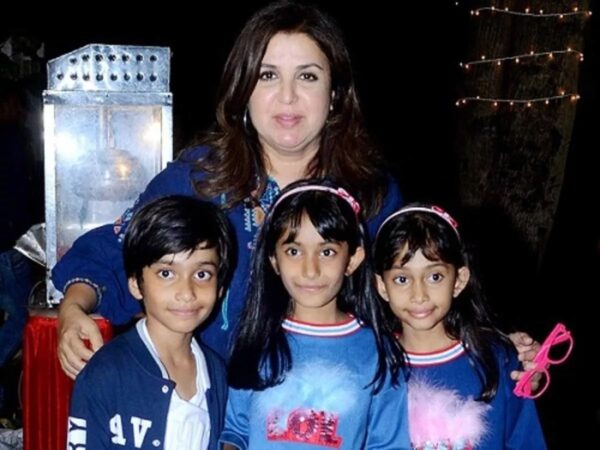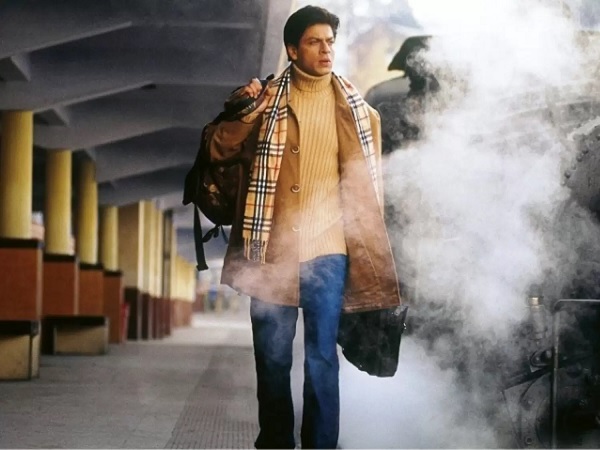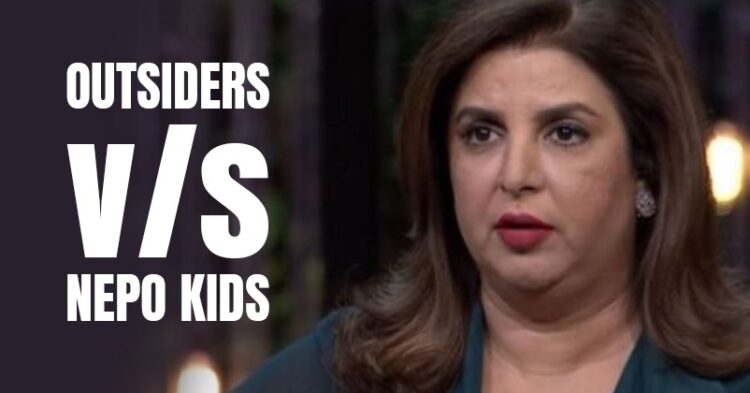Farah Khan, the celebrated choreographer and filmmaker behind some of Bollywood’s most memorable films and dance numbers, has always been known for her larger-than-life creativity. But behind the glamour and laughter lies a story of grit, struggle and relentless determination. During a heartfelt conversation with tennis star Sania Mirza on a show, Farah opened up about her modest beginnings, the insecurities that still drive her and her perspective on privilege in the film industry.

Speaking candidly, Farah Khan said she completely understands the frustration that outsiders feel when they see “nepo babies”, children of film stars getting easy access to opportunities. She said that she knows what it feels like to come to Mumbai with big dreams but limited means. She explained that for those who struggle every month just to pay rent, the challenges of star kids can often seem trivial.
Farah Khan’s empathy for strugglers comes from personal experience. Born into a family that went through severe financial ups and downs, she grew up witnessing her father’s fortunes fade. There were years when her family lived hand to mouth and the memory of those days continues to shape her mindset even today. She admitted that despite her success, she still feels insecure about money and constantly works hard to ensure financial stability. For her, the drive to keep moving forward stems from the fear of ever returning to those uncertain times.

Reflecting on her journey, Farah Khan also shared her thoughts on how today’s celebrities often feel the need to appear more relatable by crafting “struggle stories”. She finds it amusing that many who have lived comfortable lives still try to portray hardship to connect with audiences. She added that she’s grateful her own children won’t have to experience the kind of struggles she once did, a testament to how far she has come.
Farah’s own story, however, remains one of genuine inspiration. With no formal training in dance, she taught herself by watching music videos and practising endlessly. Her breakthrough came with the song Pehla Nasha from Jo Jeeta Wohi Sikandar in 1992, which opened the doors to a prolific career. Over the years, she has choreographed countless iconic songs, including Ek Pal Ka Jeena, Sheila Ki Jawani and Desi Girl, leaving an indelible mark on Bollywood’s musical legacy.

Her ambition didn’t stop at choreography. Farah transitioned into filmmaking with her debut Main Hoon Na in 2004, followed by blockbusters like Om Shanti Om and Happy New Year. Each of these films reflected her signature blend of entertainment, emotion and grandeur, making her one of the most successful women directors in Indian cinema.
Despite the fame and success, Farah Khan remains deeply rooted in her reality. Her honesty about her fears and her understanding of struggle continue to make her one of the most relatable figures in the industry.




